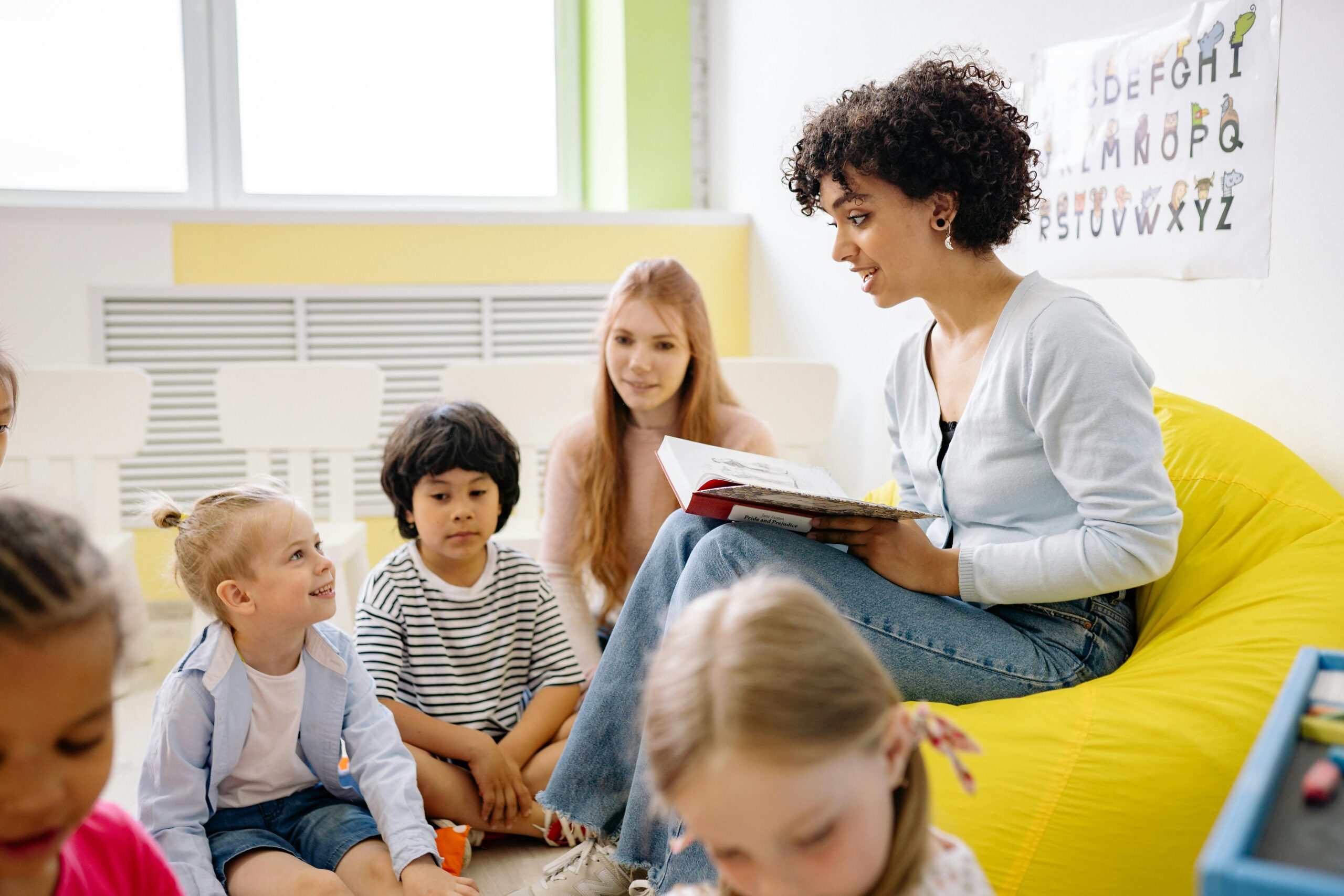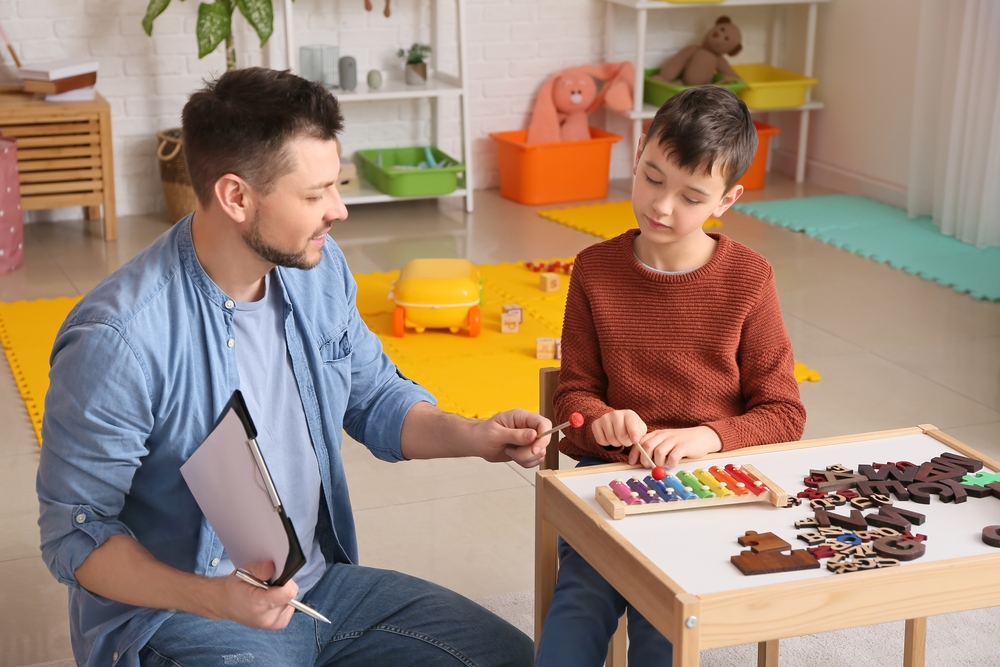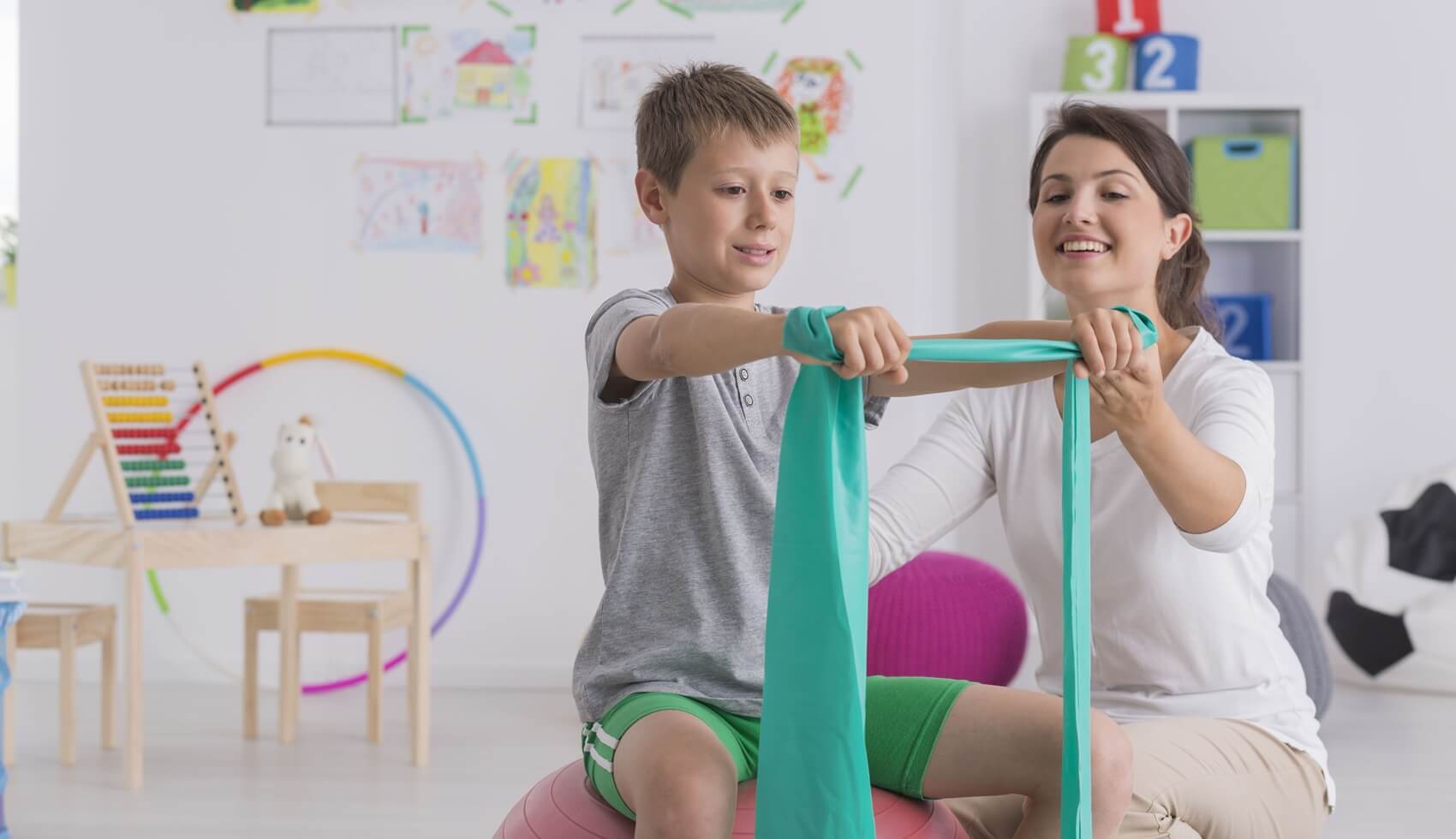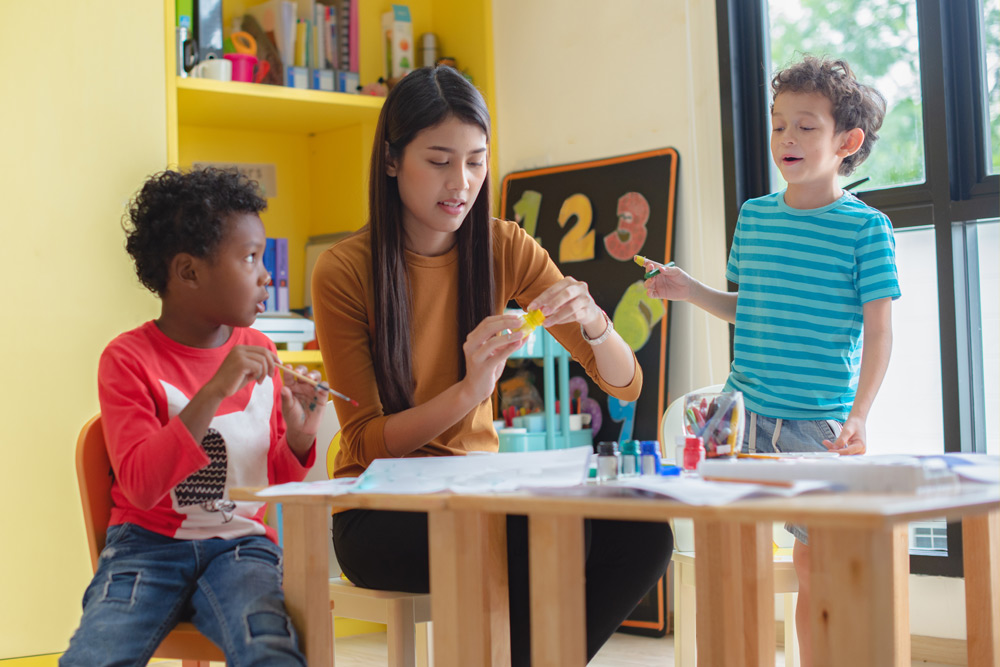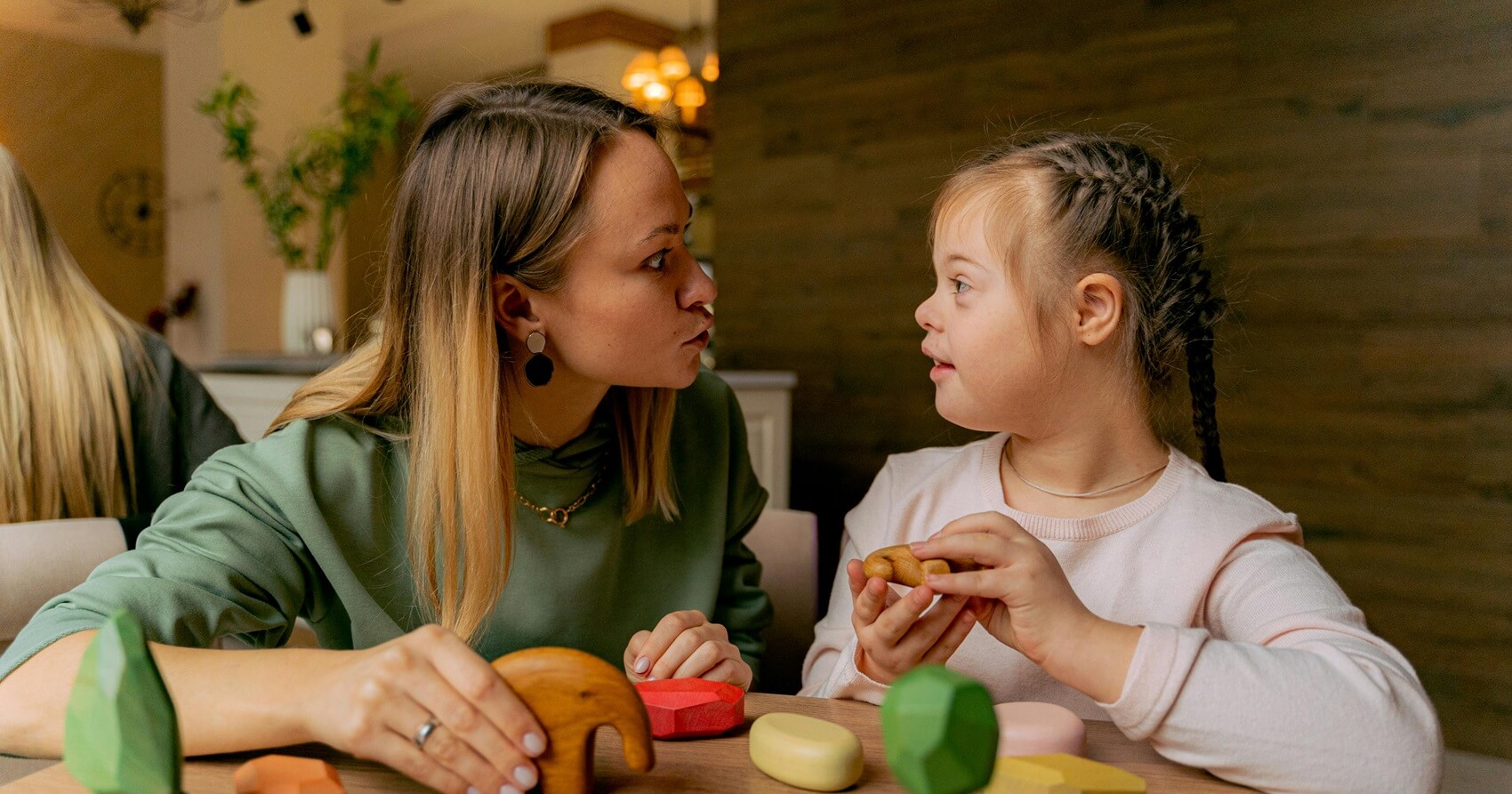Students come from various linguistic and cultural backgrounds. While this diversity enhances the classroom environment, some students face language barriers that impact their ability to communicate effectively and succeed academically. Certified speech-language pathologists (SLPs) who work alongside Pediatric Therapeutic Services …
by Colleen Smith, MA, BCBA – Director of Behavioral Health What a whirlwind August through December is. When you finally get to winter break, it is like crossing the finish line of a marathon, your body and mind are exhausted. …
How To Help Manage Behavior in The Classroom During the Holidays Upcoming holidays can be exciting and overwhelming for many students, leading to changes in classroom behavior. Holiday anticipation and excitement can make it difficult for students to continue to …
Colleen Smith, MA, BCBA, Director of Behavioral Health Dear Providers, who run ABA programs and teach social skills, the holidays are our time to showcase what we do best! It is time to take those skills you have been working …
Pediatric occupational therapists work with kids to improve motor skills, fine movements, and other daily tasks that are essential for their growth and independence. Through occupational therapy (OT), children can reach key developmental milestones and gain important self-regulation skills that …
Some children in your classroom may have hearing impairments. With the right accommodations, they can succeed in the classroom alongside their peers. The experts at Pediatric Therapeutic Services (PTS) have put together this page to help teachers learn more about …
Some children need physical therapy to help them move more independently and meet critical developmental milestones. A pediatric physical therapist is a healthcare professional who specializes in movement and body development in children. Pediatric Therapeutic Services (PTS) places pediatric physical …
Are you searching for pediatric therapist jobs in Delaware? You may find some openings in schools. Schools can be a great place to help children as they grow and develop. Working alongside Pediatric Therapeutic Services (PTS) in schools is a …
Setting professional goals is essential for special education teachers who strive to impact their students’ lives meaningfully. Goals help educators focus their efforts, measure progress, and drive continuous professional development. In this article, Pediatric Therapeutic Services (PTS) will explore some …
Imagine finding a job that’s fulfilling, exciting, and also allows you to make a positive change in the world. This is the dream for many speech-language pathologists searching for jobs today. Finding the perfect job is possible with tips from …



